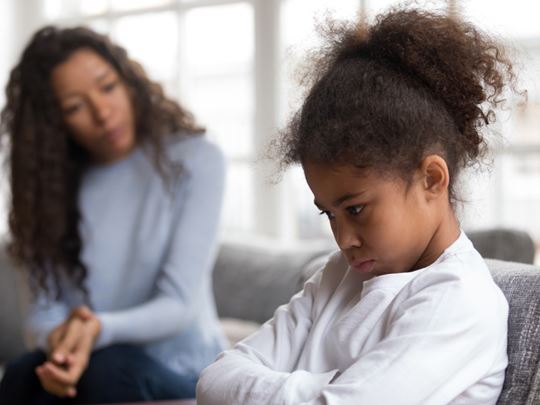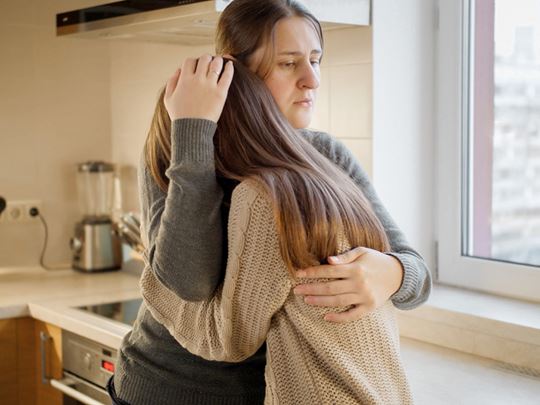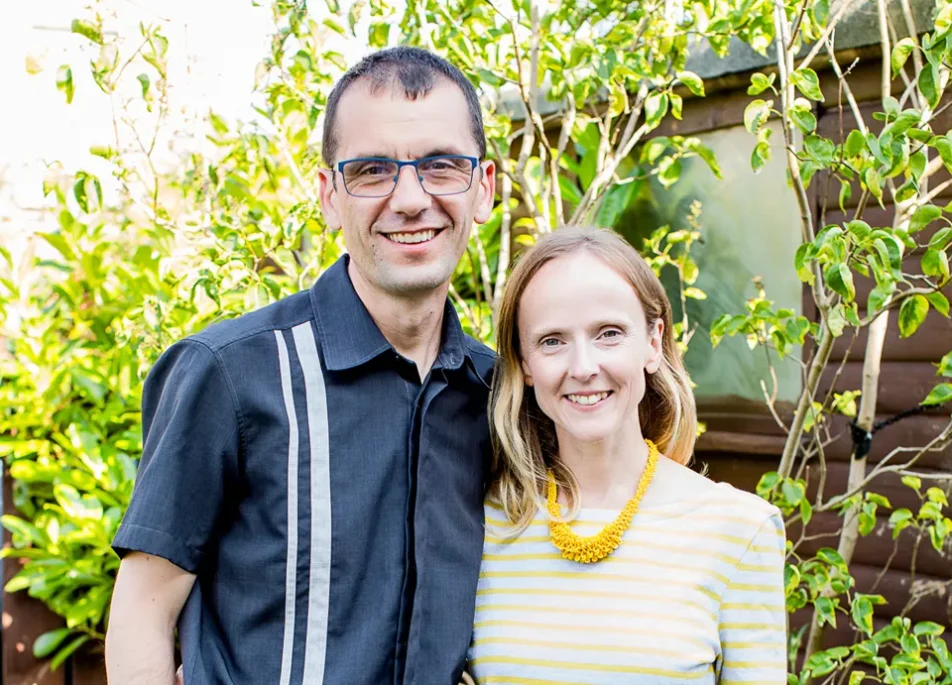Challenging behaviour in children can be a sign that they’re actually hurting, and not trying to be naughty or difficult. So, how does trauma affect children’s development? In this article, we’ll explore the reasons why children’s trauma might be a root cause of challenging behaviour, and how you can help them.
Challenging behaviour in children
The effects of childhood neglect can have a detrimental impact on a child’s behaviour. Our brains develop from birth into adulthood, and there are key periods where children’s brains are more affected by positive or negative experiences, which can have a significant effect on their brain development.
Negative experiences caused by trauma such as abuse or neglect can harm the brain’s development, causing a variety of issues starting in childhood.
The effects of trauma on brain development can vary but studies have shown that severe trauma disrupts the ways in which children’s brains develop and process information. Because of this, there can be an increase in the risk of the child developing challenging behavioural disorders, as well as emotional, cognitive, and attentional disorders.
This can lead to aggressive behaviour in children, as well as issues such as attachment issues, difficulty regulating emotions, impulse control, mental health issues, dissociation, traumatic flashbacks, and difficulty learning.
Gain a more comprehensive understanding of the long-term effects of abuse or neglect by reading our article titled ‘Understanding the Long-Term Effects of Abuse or Neglect.’

Attachment trauma
Attachment trauma might be another reason why some children display signs of depression or difficult behaviour. This is the inability to form a secure and healthy bond with their primary caregiver due to the trauma they might have experienced in their past.
If a child has suffered from emotional or physical abuse or neglect, then it can impact their development and ability to form healthy bonds and attachments. The person, or people, who should have been there to meet their physical and emotional needs has let them down. They haven’t been there for them. This can lead to behavioural challenges and prevent the child from forming healthy attachments with others around them.
Some of the signs of attachment trauma in children can include:
- No impulse control
- A tendency to act hyperactive
- Destructive behaviour
- Abnormal eating patterns
- Abnormal speech patterns
- An inability to make friends
- Unable to make eye contact
- Acting clingy or demanding
All of these signs can look like challenging behaviour in children, but really, they’re just coping with their past. What they need is someone who can help them rebuild trust in others and offer them love, stability, security, and care.
Signs of depression in children
Children who have suffered from emotional neglect or abuse can later develop depression.
Depression in young children can show itself in a number of ways, and it’s much more than just feeling sad. The condition is often undiagnosed and untreated, as it can often just be brushed off as “normal” emotional changes. But children who experience depression can act out or show signs of aggression and anger, and this can lead to them being perceived as exhibiting challenging behaviour.
Signs of depression in children can include:

- Fatigue
- Vocal outbursts and Anger
- Feelings of worthlessness
- Impaired thinking
- Impaired concentration
- Social withdrawal
- Continuous feelings of sadness
- Feeling hopeless
- Being more sensitive
- Trouble concentrating
- Loss of interest in school and hobbies
- Poor academic performance
Depression in children (as in adults) is not a passing mood, nor is it a condition that will just resolve itself without proper treatment.
That’s where we come in. With your help, we can change these children’s lives. Through proper care, stability, and love, we can be the lifeline that these children so desperately need.
Helping to overcome children’s trauma
There are many ways we can help overcome children’s trauma, which might be the cause of their challenging behaviour.
The different types of childhood trauma vary, but the bottom line is any child who has experienced trauma needs to feel and know they are safe. Foster parents can do this by welcoming them into their home and providing a stable and loving environment with a sense of normality.
Every child reacts to trauma differently, and while their actions may present as challenging behaviour, there is no right or wrong way for them to feel when processing their past.
We’ll always be there for you to help deal with any challenges that arise, and you’ll receive specialist training on how to deal with a child that has experienced trauma. But there are also some practical things you can do to help when a child with such experiences comes into your home.
Remember, a child who presents with challenging behaviour might have experienced trauma, and they may struggle at first to form a bond with you. Always make sure you listen to them and encourage them to share with you when they feel ready. Positive reinforcements can work wonders and help them form healthy relationships, so pile on the praise to help build their self-esteem.
Therapeutic fostering
At FCA, we believe in holistic, therapeutic fostering. This specialist type of fostering is key for helping children’s trauma as it brings together specialists, the children’s family (where possible), and the foster parents to form a wrap-around parenting team. We tailor our care to meet the complex needs of children who are living with trauma that could be affecting children’s behaviour.
This gives us the opportunity to fully understand their history and difficulties and help their well-being and development.

Become a foster carer
With a national shortage of people coming forward to apply to foster, there has never been a more important time to become a foster carer. With around 30,000 new children coming into care every year, there are simply not enough foster carers available to care for vulnerable children in need of a safe and loving home
So many of these children have experienced a traumatic past, and while some may exhibit challenging behaviour, they need our help to turn their lives around.
When you become a foster parent with FCA, you can bring your skills, energy, and desire to make a change in children’s lives into a new profession that needs you.
As a foster parent, you’ll be a role model, a parent, and a teacher, helping the children in your care to overcome trust issues, build confidence, feel love, and grow into successful adults themselves. And we’ll be with you every step of the way. With Team Parenting ®, we’ll work with you as well as childcare experts to change looked after children’s lives. You’ll always have 24/7 support and guidance and receive a wealth of specialist training to give you all the tools you need to overcome challenging behaviour in children.
Understanding challenging behaviour in children and making a difference
By opening your home to a vulnerable child and offering support for children in foster care, you can give young people a second chance at experiencing a happy childhood. With our support and guidance, you can be key to helping them overcome their traumatic past and start paving the way for them to enjoy a happy and healthy adulthood.
If you’d like to know more about fostering, then please get in touch today. One of our friendly fostering advisors will get back to you and answer any questions you have around children in care, the fostering process and the work we do at FCA.

More blogs…
Can’t find what you’re looking for?
By Phone
Call a member of our friendly fostering team and they’ll be able to answer all your questions
By Email
Email our team by completing our online enquiry form
Visit an office
We are always happy for you to pop in for a chat






